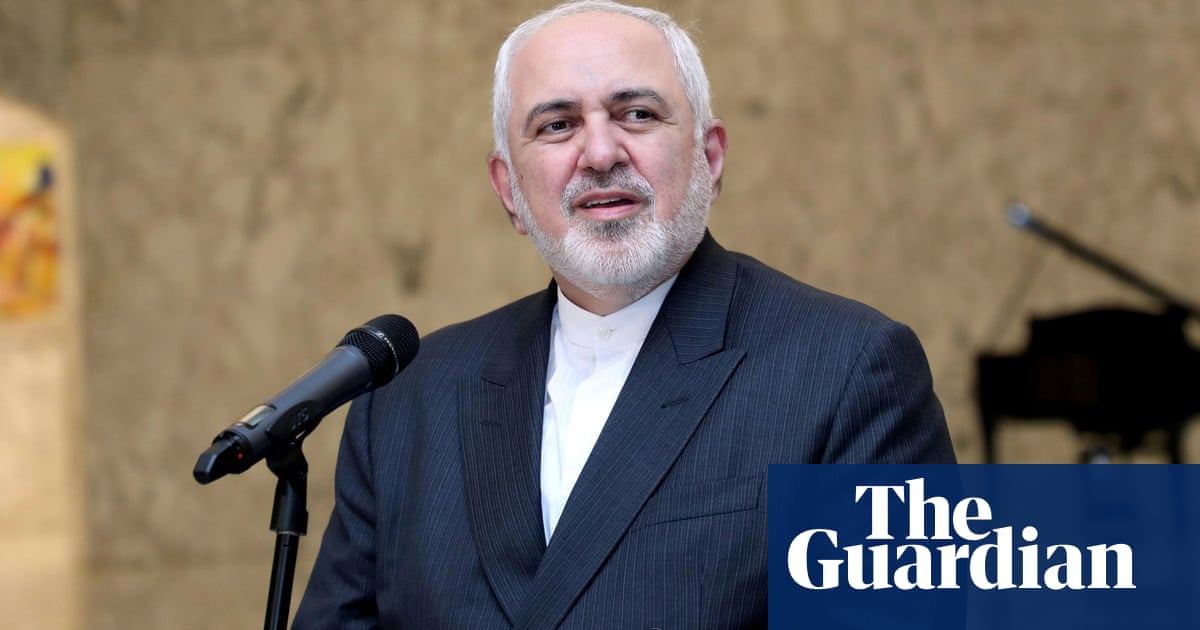
An official from Iran’s Islamic Revolutionary Guard Corps said last year that it could raze Israel’s cities in just seven minutes if Iran was attacked. However, in Syria, Israel has attacked Iranian sites more than once, killing members of the Iranian military, but Tehran has not reacted.
Now it seems that this Iranian-Israeli confrontation has become more real. However, the irony is that Iran openly declares it wants a confrontation but acts otherwise, while Israelis constantly talk about how this confrontation has become inevitable. As for the battlefield that nobody cares about — it is of course Syria.
The Israeli media seems to be discussing this conflict as though it has already become only a matter of time. Meanwhile, Israeli military leaders discuss launching stronger strikes against Iran in Syria, an action which has the unanimous backing of the military and political institutions in Tel Aviv. However, the confrontation would be a matter of life and death for Iran and its regime and, despite the Iranians escalating their rhetoric, it is clear Tehran is less excited about a direct military clash than Israel.
Iran tends to work through proxies — militias and armies it employs to kill for its project. It has not waged a direct battle since the Iran-Iraq war in the 1980s.
Diana Moukalled
Iran tends to work through proxies — militias and armies it employs to kill for its project. It has not waged a direct battle since the Iran-Iraq war in the 1980s. Iran imposed itself in Lebanon through proxies, as it did in Iraq and is now doing in Syria, but it has not shown any initiative toward a direct confrontation with Israel, despite the verbal war it is waging.
However, any inevitability of all-out war requires the will of more than one side, and Israel alone is not enough to launch it. Iran has many scenarios for such a conflict that would see it suffering losses thanks to the current balance of power in Syria, where Israel enjoys full freedom of air movement and thus can monitor the Iranian military presence and prevent its development or progress toward a direct line of contact with Israeli forces.
So far, it seems like Iran might resort to special security operations — an approach that has already been adopted by Tehran and that does not cancel out the chances of conflict, but protects Iranian soil from destructive Israeli and American strikes. Iran wants to keep the confrontation in Syria, and Israel will not hesitate to strike there or destroy Lebanon should Hezbollah start launching rockets.
Therefore, if the US does withdraw from Syria, it could make the Israelis feel an urgent need to choose direct confrontation with Iran, fearing that the power vacuum left by the Americans might result in an additional Iranian expansion, thus replicating the Iraqi scenario. Iranians acknowledge in return that avoiding or postponing this confrontation would allow an expansion and consolidation at the lowest possible cost and without any serious challenges, even if Arab states responded positively to the request of Donald Trump’s administration to send forces to Syria to fill the void. The race with Arabs for influence in Syria so far seems weighted firmly in favor of Iran.
Once again, just like Iraqis, Lebanese and Yemenis were just a simple geographic and human detail in the context of these wars, it seems that Syria itself will not be anything more than a field for major conflicts taking place at the expense of Syrians’ lives.
Diana Moukalled is a veteran journalist with extensive experience in both traditional and new media. She is also a columnist and freelance documentary producer. Twitter: @dianamoukalled












